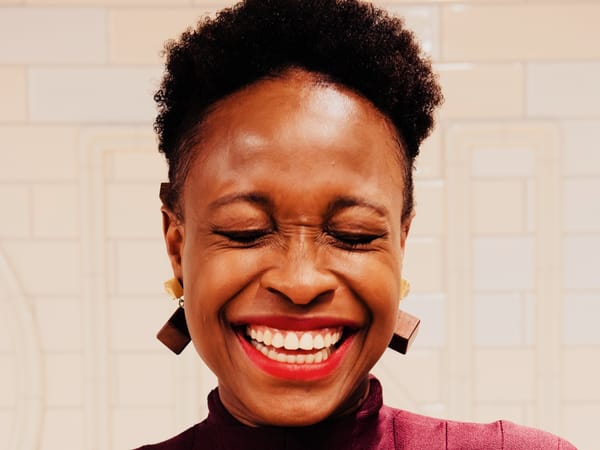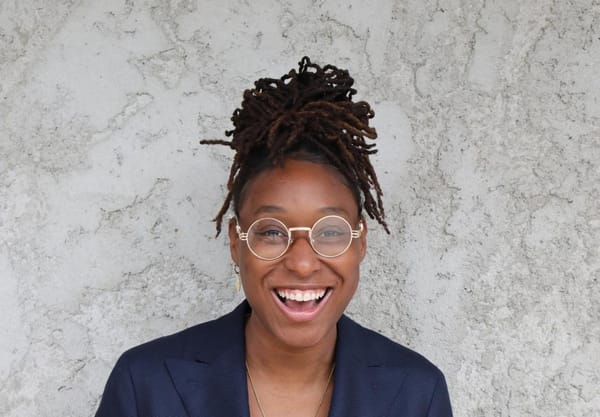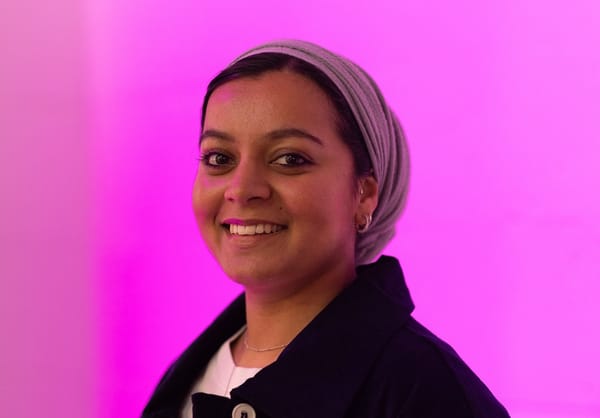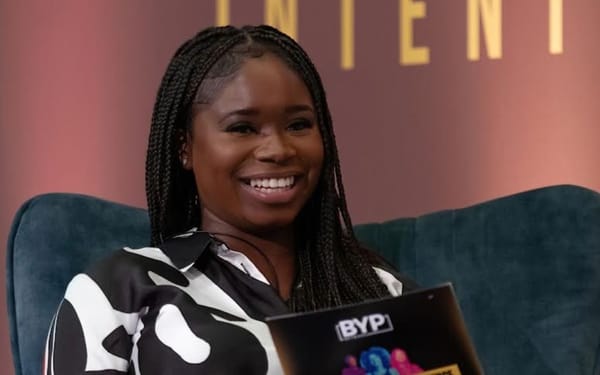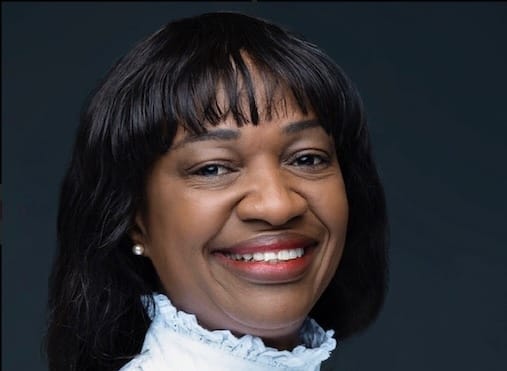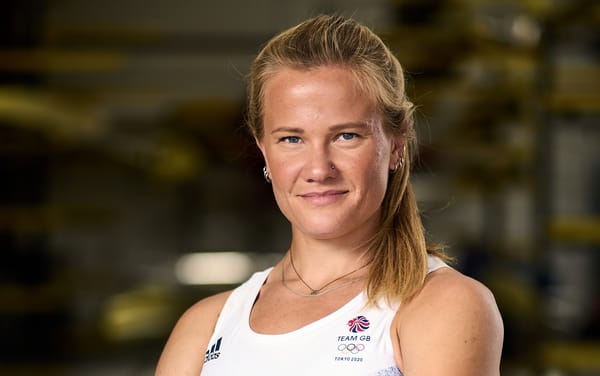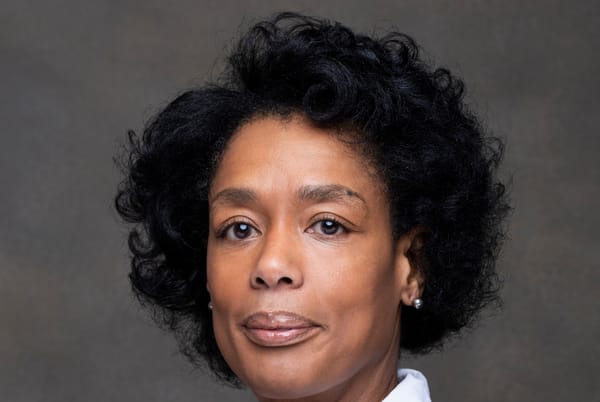
My Journey to Challenging the Ethnicity Pay Gap
Since 2018, we have managed to raise awareness of the Ethnicity Pay Gap and we have lobbied the previous Government to take action. We are very pleased to see that the current Government plan to introduce legislation covering the Ethnicity Pay Gap which will form part of the Employment Rights Bill.


